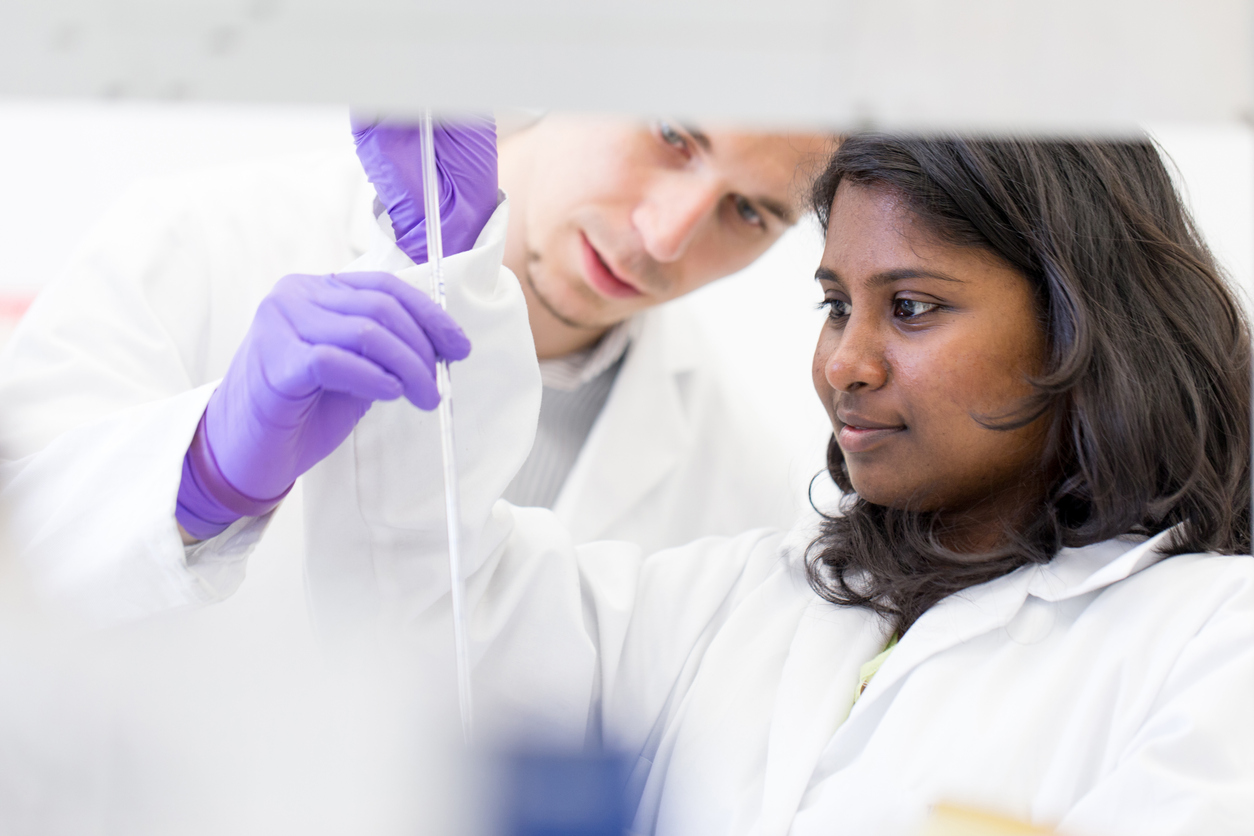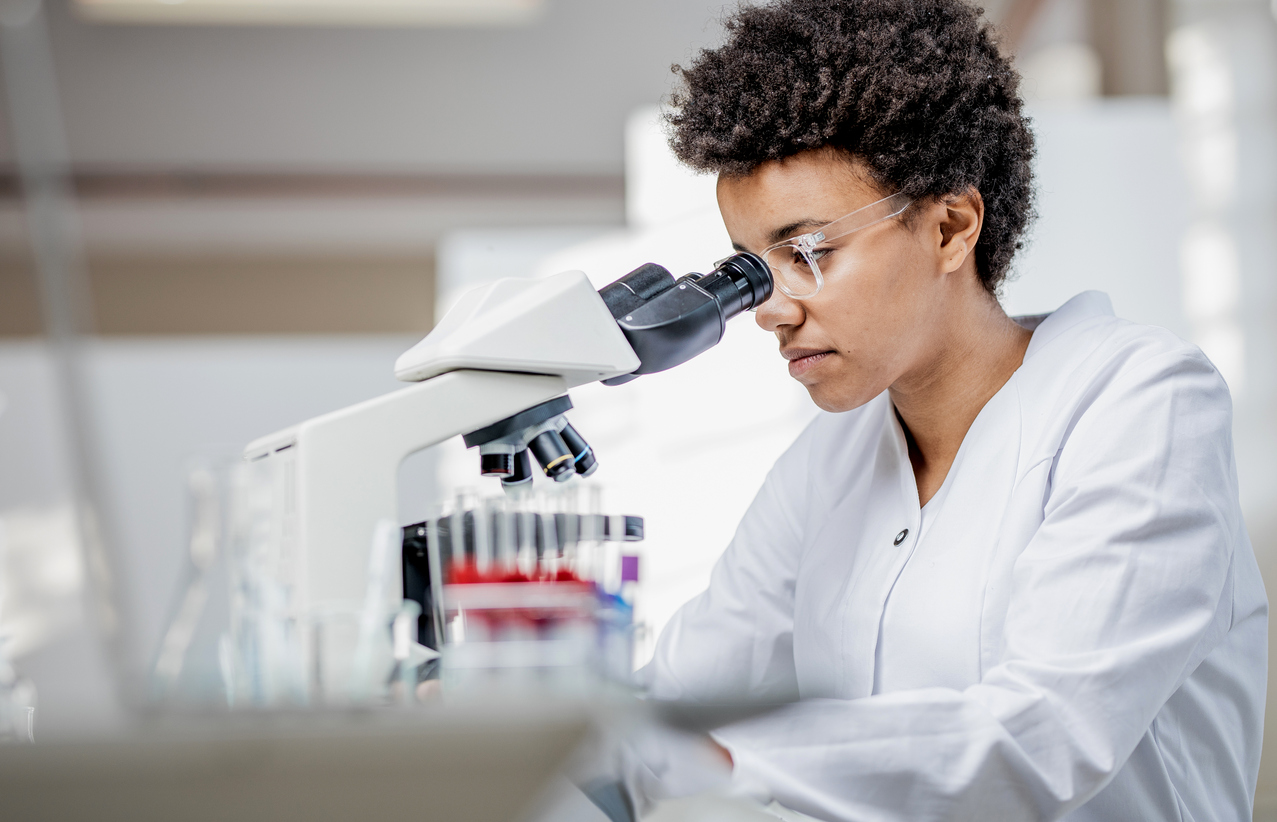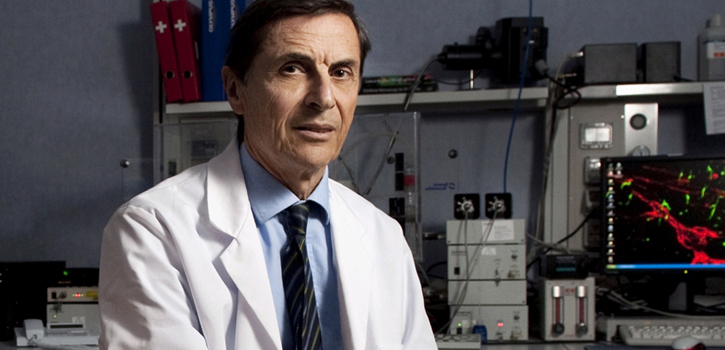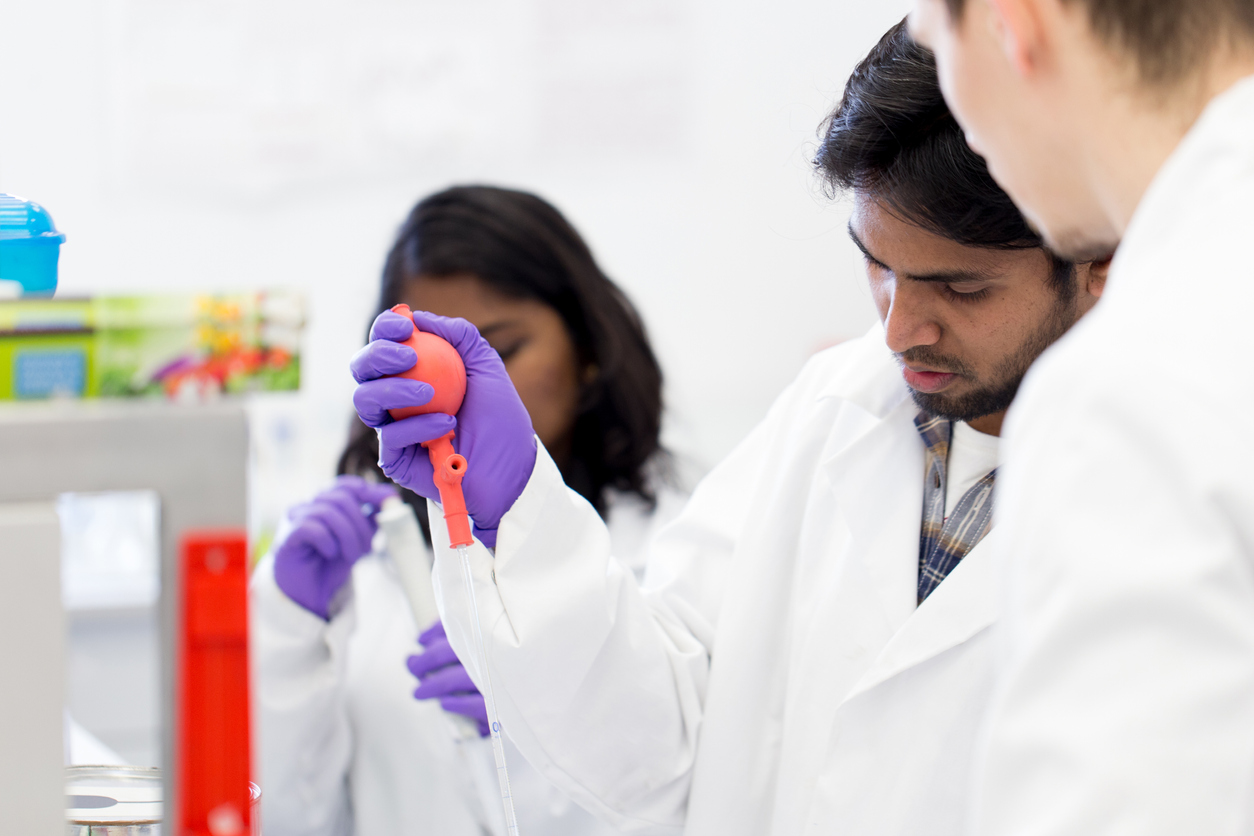Research at Humanitas University
Humanitas University is dedicated to basic and translational research in life sciences. An essential feature of our strategy is a close, direct, bidirectional interaction between research and clinic.
The Scientific Director is Prof. Alberto Mantovani.
The Prorector for Research is Prof. Maria Rescigno.

Research Vision and Strategy
A major thrust in future development will be in areas including:
- gastrointestinal pathophysiology
- inflammation and immunity
- cardiology
- oncology
- neurosciences
These areas of work will continue to represent the fingerprints of Humanitas University in a highly competitive context in which it is essential to have critical mass.
In addition, it is foreseen that complementary areas will be developed, which will stand on their own and will integrate into the existing lines. These will include imaging in its various facets; Public Health and epidemiology; genomics and epigenomics; biomaterials and their relationship to bioingeneering; orthopaedics and regenerative medicine.
It is also foreseen that a major effort will be made towards technology transfer. The general view is that technology transfer is a weak point in the Italian research system and Humanitas University intends to play a role in filling this gap.
Training
The mission of Humanitas University is also to train globally-oriented medical doctors through state-of-the-art interactive teaching methods and close integration with the clinical community at the Humanitas Research Hospital.
An international PhD program in Molecular and Experimental Medicine has been activated in 2015 to provide training in various fields of life sciences and molecular medicine offering a stimulating environment with access to state-of-the-art technology and clinical case lists for translational studies.

Research Overview
Research activities are carried out by researchers and physicians, divided into more than 24 research groups including several prestigious, top-level groups covering many research areas. Our researchers and physicians have access to up to 20,000 sqm. laboratory space devoted to research and training activities.
Support to the researchers is given by the Grant Office which assists researchers in the management of funded research projects and by the Innovation Office which assists researchers in Technology Transfer issues.

Research at Humanitas
In the last few years, Humanitas’ scientific productivity has been constantly increasing in quality and quantity, achieving very high levels, as indicated by bibliometric indexes which rank Humanitas among the first hospitals in scientific research, with particular focus on the immune system. The latter is crucial for contemporary research in medicine because of its strong influence on different clinical areas, from cancer to cardiovascular diseases, to inflammatory and autoimmune diseases.
Almost 300 researchers work at the University Research Center – which is fully integrated with the hospital – utilizing cutting-edge technology such as the recently acquired two-photon microscope. The group operates in close collaboration with the hospital’s 700 physicians, in order to facilitate translation, i.e. the direct application of the most recent advances in healthcare through a systematic and ongoing process of innovation.
Scientists and researchers from 16 countries spanning over four continents carry out innovative research in immunology and are involved in studies on high impact non-communicable diseases, e.g. cancer, myocardial infarction, stroke, and autoimmune diseases.

